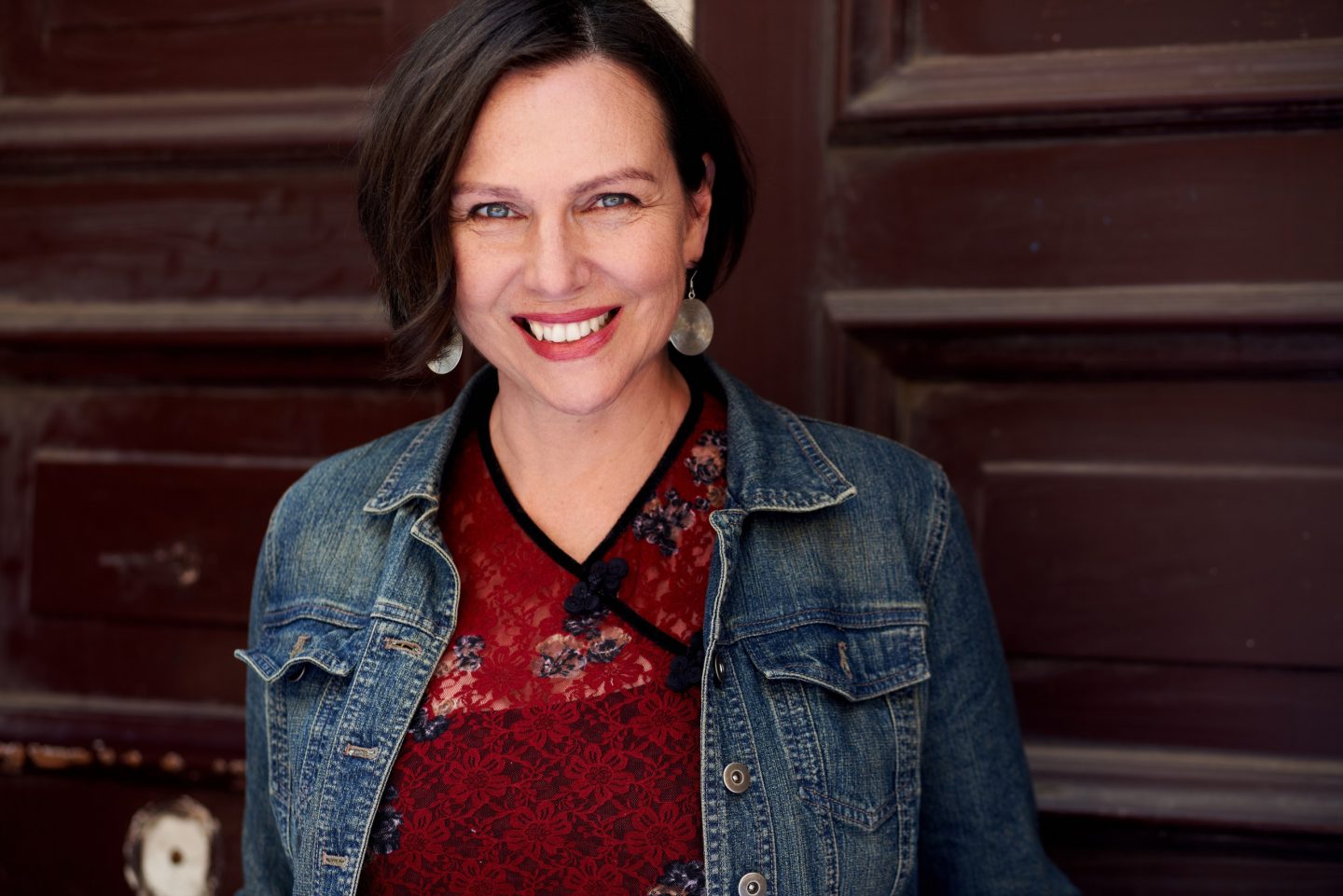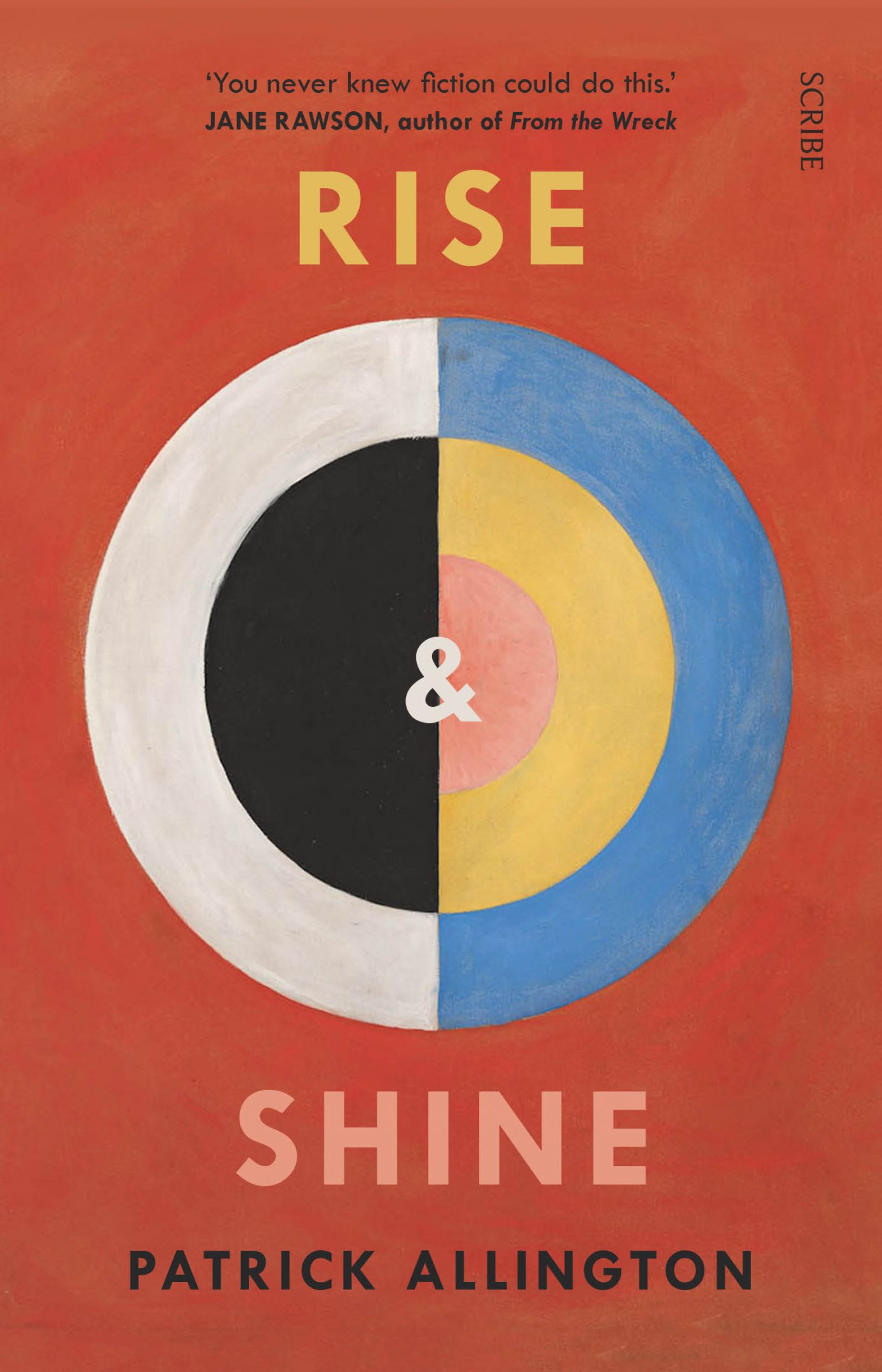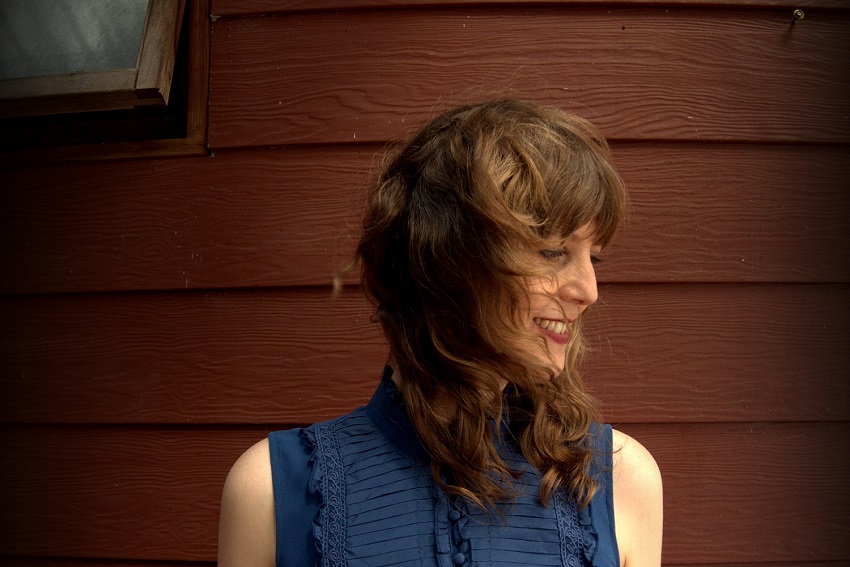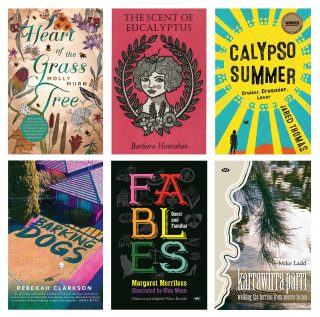
Kylie Maslen
Kylie Maslen is a writer and critic from Kaurna/Adelaide, and the author of Show Me Where it Hurts: Living with Invisible Illness (Text Publishing).

Releasing the book you’ve spent years working on amidst a once-in-a-century global pandemic is not the dream of most authors. But local authors Pip Williams and Patrick Allington are trying to make the most of this unexpectedly bumpy chapter.
Pip Williams’ debut novel The Dictionary of Lost Words was released on 31 March, just after COVID-19 shutdowns began to take effect around Australia. A publicity plan months in the making needed to be cancelled and re-drawn within 48 hours, but despite the festivals and events missed, the book has enjoyed great success.
It has become an all-too-common cliché to say that 2020 has seen its fair share of challenges. Writers in South Australia seem overwhelmingly aware of the privileges they hold, but after toiling on manuscripts for years only to have their books released at a time where there are significant limits on celebrating their achievement, there is of course some frustration and sadness too.
“Back in March there was an enormous amount of disappointment that this story I’d been nurturing for so long would have its wings clipped just as it was about to fly,” Williams says. “But stories are hard to lock down, and the book industry found so many ways to celebrate and share new publications.”
This is a sentiment shared by Patrick Allington, whose novel Rise and Shine was released in June. “It wasn’t perfect timing, but it’s a privilege to be published under any circumstances,” he says. “The year 2020 has been so hard for so many people in so many ways: I’ve got nothing to whinge about.”

“[I’ve] genuinely loved online book events, both my own and other people’s. I find it moving and reassuring to share a ‘space’, to share ideas and stories, with readers beaming in from different places: people I know, people I’ve heard of, and strangers.”
Patrick Allington
The launch of Rise and Shine was an example of the ways the publishing industry has adapted under isolation. Allington was hosted by the Matilda Bookshop in Stirling, but rather than being surrounded by family and friends he sat in the bookshop alone while the event was conducted via Zoom; an experience Allington describes as “weird and fun”, and which carried “a deep urge to steal all Matilda’s books”.
Molly Murn is in a unique position to comment on these challenging circumstances, being both an author and a bookseller. Murn’s debut novel – Heart of the Grass Tree – was published last year. She was able to have a traditional book launch, which she says “was a highlight – sharing the festivities with 200 family, friends, colleagues and customers was a night I will never forget”.
While Murn is sympathetic to her author friends “who haven’t had that high moment of celebration releasing their books during lockdown”, she herself has had some publicity events cancelled, which she believes meant “some momentum has been lost”.
However, Murn points to the quick adaptation by authors, publishers and booksellers: “The publishing and writing community is incredibly supportive and innovative, and I think that everyone has pulled together in finding new ways to get books into people’s hands.”

This collegiate response is echoed by Allington, who says he has “genuinely loved online book events, both my own and other people’s. I find it moving and reassuring to share a ‘space’, to share ideas and stories, with readers beaming in from different places: people I know, people I’ve heard of, and strangers.”
Williams has gone on to have “a virtual book tour made possible by technology”, with online events hosted by bookshops, libraries, podcast interviews and online Q&As. She points to “the industry’s creativity and people’s desire to keep engaging and connecting’ throughout the crisis turning an initial challenge into a positive experience.
“Although I couldn’t see their faces, I’m sure I’ve had the pleasure of talking to hundreds more people about my book than I ever would have on a road tour. And my carbon footprint is a fraction of the size.”
While in lockdown, books have become a source of company, stimulation and escape for many. With theatres, cinemas and galleries closed to the public, booksellers who have delivered books by hand, post, or arranged safe collections while providing tailored recommendations have been able to connect with their local community.
“I think stories, in all their forms, have provided comfort and consolation during this weird and often frightening time. Whether it is to fill the time, escape, understand or connect to something beyond our shrinking world, stories are helping us cope.”
Pip Williams
Allington points to the ability of books to communicate with the reader, whatever their genre, particularly during times of crisis. “Time and again in 2020, I’ve been reminded of the extent to which we need local independent publishers.”
Williams agrees: “I think stories, in all their forms, have provided comfort and consolation during this weird and often frightening time. Whether it is to fill the time, escape, understand or connect to something beyond our shrinking world, stories are helping us cope.
“My own reading has been dominated by the stories of South Australian writers and I am especially grateful to Carol LeVevre, Rachael Mead, Katherine Tamiko Arguile and Patrick Allington for weathering the storm and getting their books out there when they were most needed.”

Kylie Maslen is a writer and critic from Kaurna/Adelaide, and the author of Show Me Where it Hurts: Living with Invisible Illness (Text Publishing).
